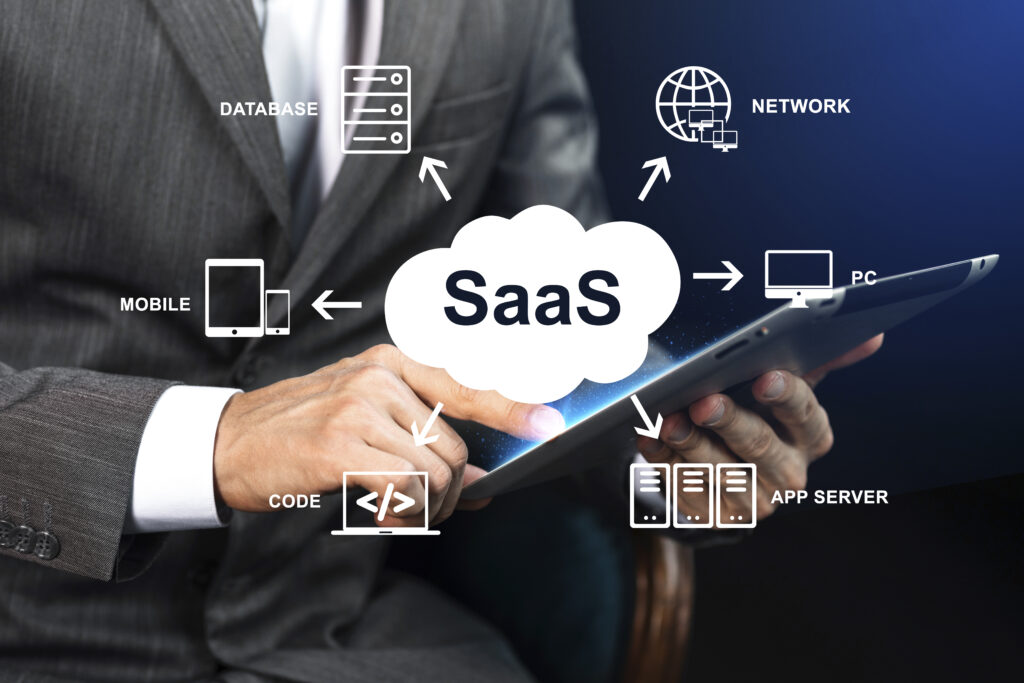Outsourcing Data Conversion Services: Key Benefits
In the modern business landscape, data has become one of the most valuable assets for organizations. Whether in physical records or digital formats, data helps businesses make informed decisions, analyze trends, and plan for growth. Every company collects vast amounts of information about its operations, competitors, customers, and industry. However, this data only becomes valuable when it is organized, processed, and converted into usable formats.
Handling large-scale data conversion in-house can be a challenge, especially when millions of records are involved. Outsourcing to a reliable and experienced data conversion service provider offers businesses a smarter, more cost-effective way to manage this critical task.

What Are Data Conversion Services?
Data conversion services involve transforming data from one format into another to make it more structured, accessible, and useful. This process reduces the risk of data loss, ensures consistency, and creates a unified structure for storage and exchange. However, digitizing and managing large volumes of information require resources, time, and expertise—factors that many businesses struggle with internally. By outsourcing, organizations can save costs, free up resources, and still receive high-quality, accurate data conversion.
Why Is Data Conversion Important?
Over time, organizations build extensive databases containing vital information needed for audits, compliance, accounting, and daily operations. Converting manual or scattered data into digital formats streamlines access, sharing, and analysis. It also helps businesses identify redundant information, classify records by relevance, and maintain well-structured datasets for future use. Essentially, data conversion transforms raw information into a valuable tool for business efficiency and decision-making.
Key Benefits of Outsourcing Data Conversion Services
1. Cost Savings
Outsourcing eliminates the need to hire, train, and maintain an in-house data conversion team. Businesses can save significantly on salaries, infrastructure, and software investments while still receiving top-quality services. Flexible pricing models also make it easier to find cost-effective solutions.
2. Improved Data Accessibility
By converting data into common, standardized formats, outsourcing ensures employees across departments can easily access and share information. This fosters collaboration and eliminates data silos.
3. Data Security and Accuracy
Professional outsourcing companies use advanced tools and follow strict protocols to minimize errors and prevent data loss. Strong security measures—including encryption and compliance with data protection standards—ensure that sensitive information remains safe.
4. Scalability
Business needs change over time, and outsourcing provides the flexibility to scale services up or down based on demand. This adaptability is especially valuable for organizations dealing with fluctuating data volumes.
5. Faster Turnaround Times
Outsourcing partners work with dedicated teams and proven processes to deliver projects on time. With efficient workflows, problem-solving mechanisms, and backups, they ensure smooth and timely data conversion.
6. Enhanced Efficiency
Since outsourcing teams are highly skilled and specialized, they deliver quality work quickly. This allows businesses to redirect internal resources toward innovation, growth, and core business activities.
7. High-Quality Output
Experienced outsourcing providers tailor data conversion to business requirements, ensuring maximum accuracy and usability. This structured data becomes a reliable foundation for developing strategies and action plans.
8. Access to Skilled Professionals
Partnering with outsourcing companies gives businesses access to experts with years of experience in data conversion. Their expertise ensures precise, effective, and efficient outcomes.
Conclusion
Outsourcing data conversion services empowers businesses to manage their most valuable resource—data—more effectively. It reduces costs, enhances efficiency, and ensures data security, all without the burden of heavy internal investments. With clean, accurate, and accessible data, companies can focus on making informed, data-driven decisions that drive growth and competitiveness.
In a world where information is power, outsourcing data conversion is not just an option—it’s a strategic advantage.

